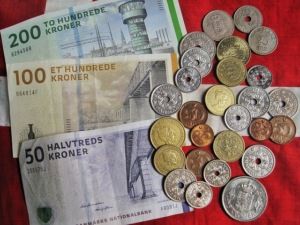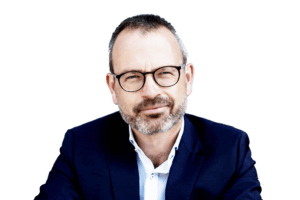Opinion
The Valley of Life: To reboot growth in the Oresund Region
Søren Bregenholt
This article is more than 4 years old.

Life science riches (photo: Pixabay)
We enter 2021 with hopes of a new year much better than the one we have just left behind. Although the COVID-19 pandemic is far from over, the recently approved vaccines give cause for optimism. There is light at the end of the tunnel, and this time it is probably not just the light of a train steaming towards us.
It is still too early to evaluate the total economic, social, and health-related consequences of the pandemic. But there is no doubt that we need to do our utmost to get back on the growth trajectory to restore jobs and welfare, so we can fund the associated healthcare costs.
Chance for a reboot
As a growth industry and a regional stronghold in the Øresund region and as a natural part of the solution to a healthcare crisis, life science and investments in life science is an obvious part of the answer. And efforts are now underway to leverage the life science sector to reboot the Danish economy.
So let me suggest we use the current situation to take a more comprehensive look at the Øresund Region to ascertain how we can make it an even stronger catalyst for growth in Denmark and Southern Sweden alike. I am sure we can agree that stronger growth is part of our common hopes for 2021
Joining forces
Restoring the free movement of labour, a key component of our shared regional economy, is only part of the solution, however. We must join forces with our Swedish neighbours and proactively identify and initiate strategic collaboration in areas that promise better and more profitable solutions to stimulate health, growth and job creation.
Within life science we have already come far, but there are still ripe and low-hanging fruits to be picked. Fortunately, some stakeholders are already working hard to prepare for a reboot of Copenhagen and the Øresund region as an even more attractive destination for international conferences, tourists, and other events once the world reopens.
Realising the potential
I suggest that key local, regional, and preferably also national decision-makers and stakeholders from Denmark and Sweden should get together and take it upon themselves to do a 360-degree review of the Øresund Region and its potential as a catalyst for growth and development – and then take the actions needed to realise this potential.
Organisations such as Medicon Valley Alliance, Greater Copenhagen, Copenhagen Capacity, Invest in Skåne and Wonderful Copenhagen are already working with specific and important elements of this challenge, but a more comprehensive, cross-border, long-term, and in-depth understanding of the region and its potential and contribution to health, wealth and welfare is needed.

About
Søren Bregenholt
As the chairman of the Medicon Valley Alliance – the gold-labelled Danish-Swedish life science cluster organisation – Søren will address current trends and challenges in the sector.










































